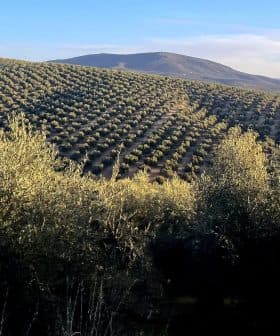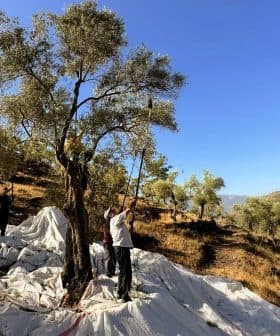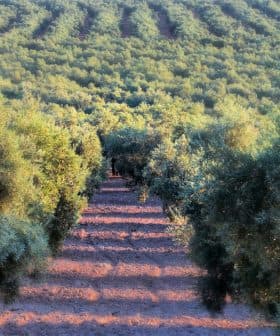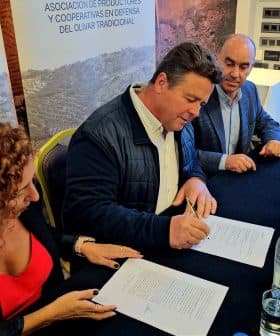Andalusia Increases Reservoir Capacity for Irrigating Olives
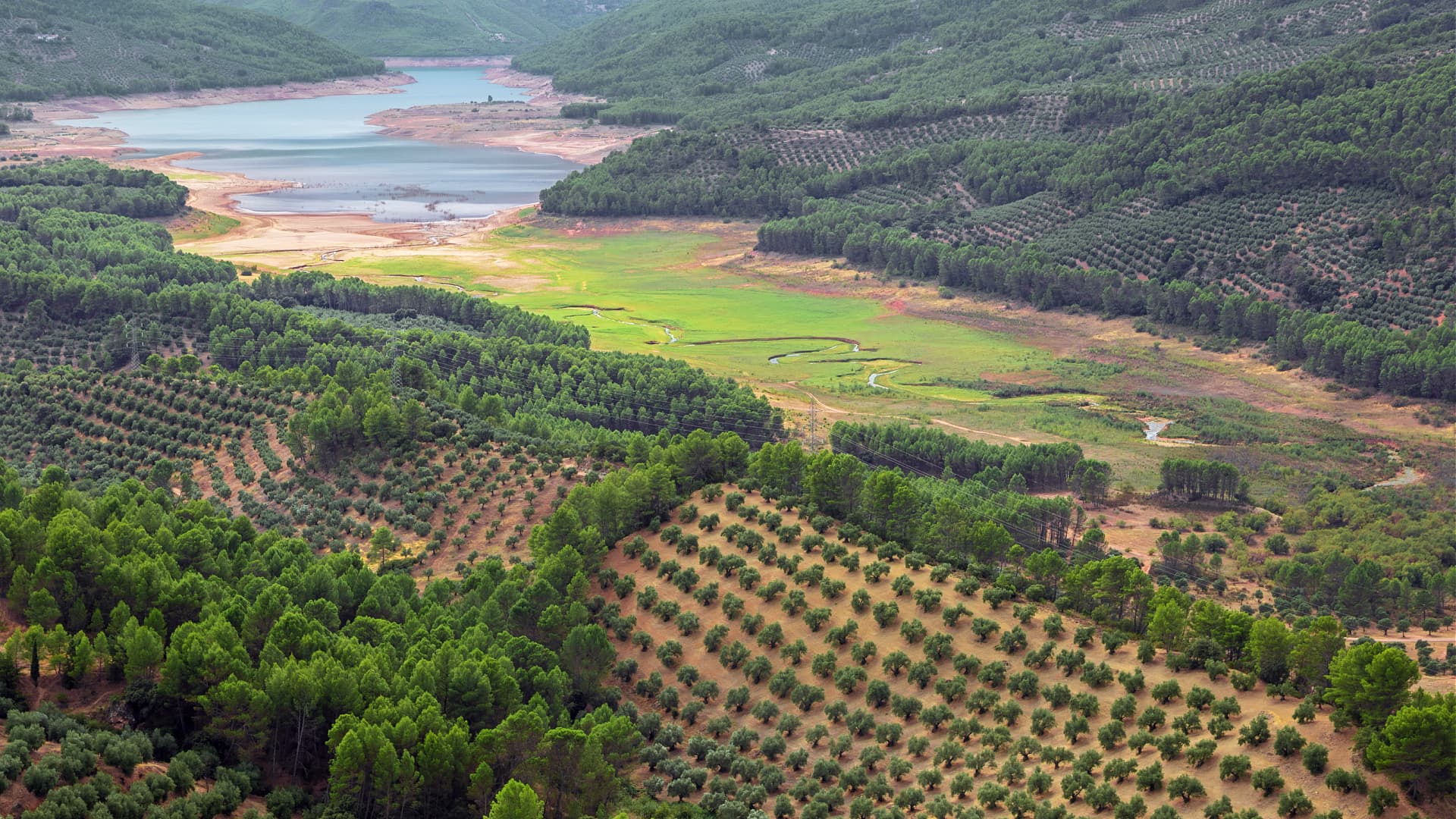
The capacity of Andalusia’s main water reservoir has been expanded to 511,000 cubic meters as part of a modernization program, benefiting 482 farming members in the region. The expansion aims to improve agricultural irrigation, increase water quality, and enhance resilience to drought and climate change, with additional projects planned to further modernize the region’s water infrastructure and support renewable energy initiatives.
As part of a major modernization program in Spain, the capacity of one of Andalusia’s main water reservoirs has been greatly expanded from 200,000 cubic meters to 511,000 cubic meters.
The newly-inaugurated plant, Mirabueno II, in Palma del Rio, has been heralded as a crucial infrastructure improvement to sustain agricultural irrigation in the region.
Four hundred eighty-two farming members of the “community of irrigators of the canal of the right bank of the Genil river” will have access to the expanded reservoir. Its availability should curtail the impact of the ongoing drought in the Mediterranean Basin and improve the local agricultural community’s resilience to climate change.
Carmen Crespo, Minister of Agriculture, Fisheries, Water and Rural Development of the Junta de Andalusia, noted that the new reservoir would support more than two thousand hectares, including olive groves and citrus and almond trees.
The crops sustained by the smaller reservoir version include cotton, corn, watermelons, tomatoes and other vegetables.
Among the advantages of the new reservoir are the anticipated water quality improvements for irrigation. Mirabueno I tends to be clogged by mud, but Mirabueno II will now be accessible for better cleaning and filtering.
By contributing €2.2 million, the Junta covered 55 percent of the project’s total costs. Additional private funds will make up the difference. Crespo noted the importance of public-private partnerships in renovating the region’s water infrastructure.
Crespo has also stated that the work on the La Colada-Sierra Boyera pipes is on schedule.
“Our goal is to continue to stay within schedule for such works which are so relevant for the north of the Córdoba province. If all goes smoothly they should be completed before the end of the year,” Crespo noted.
Other works currently planned in the region include the “irrigators community of the Guadalmellato Marsh in Córdoba,” which will benefit an area of 718 hectares, providing water savings of 26 percent.
“Such improvement is crucial in a context of structural drought like the one we live in Andalusia,” Crespo noted, as reported by el Dia de Córdoba.
Besides the water reservoir expansions, local authorities support the expansion of renewable energy plants for the farming community.
As reported by Córdoba Buenas Noticias, the minister cited the new four-megawatt (MW) photovoltaic installation as one of the latest projects. It will serve several areas in the province, such as Santaella, Montalbán, La Rambla, Montilla and Puente Genil.
As a whole, Crespo noted that the local authorities invested €100 million during the last legislature to modernize the irrigation systems. In her words, such works have allowed Andalusia to save 12.17 cubic hectometres of water as 43 irrigation communities have already started benefiting.
The local minister also stressed that new funds are coming from the Ministry of Agriculture to curtail energy dependence on irrigation, impacting more than 24,000 hectares of irrigable area.


